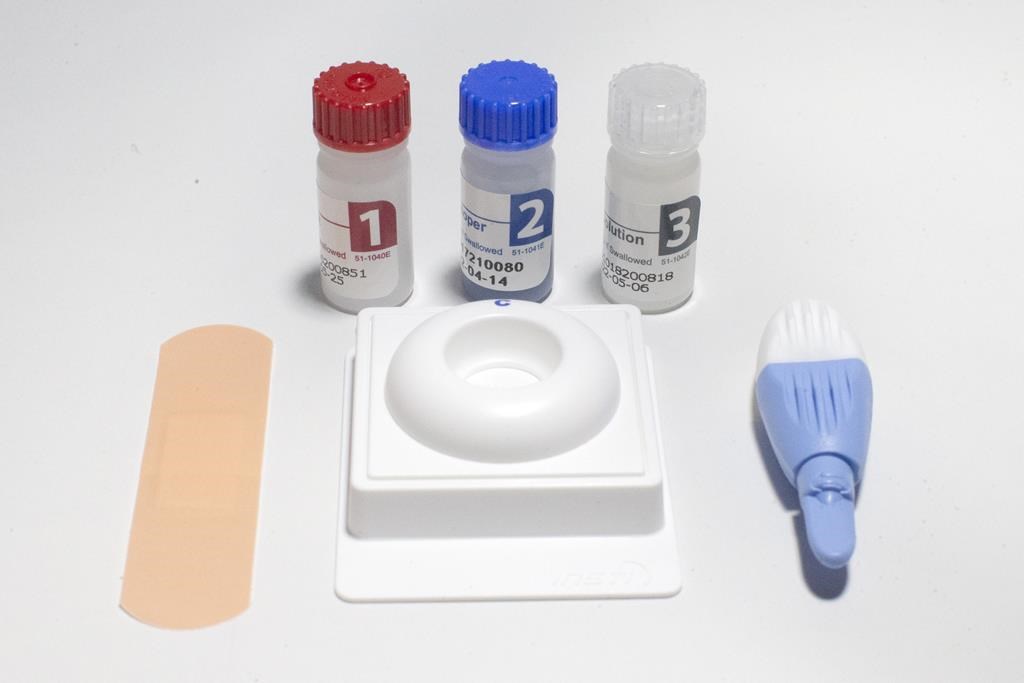Montreal public health officials recorded 310 new HIV diagnoses in the city and its on-island suburbs in 2022, a 120 per cent increase from 2021 — the highest number of new reported cases in 10 years.

The local surge in HIV diagnoses well outpaced the national average increase of 24.9 per cent, according to the Public Health Agency of Canada.
During its update on HIV cases to mark World AIDS Day on Dec. 1, Montreal public health said the sharp increase in new reported cases in 2022 could be due, in part, to a catch-up in testing after the pandemic, when the number of HIV diagnoses fell. There were 116 new reported cases in 2020 and 141 in 2021.
The rise could also be tied to an increase in immigrants to the city from countries where the virus is endemic, the agency said, adding that the number of new reported cases in that population jumped 394 per cent — to 158 from 32 — between 2021 and 2022 and accounted for slightly more than half — 51 per cent — of all diagnoses. Ninety-two per cent of the people from such countries who received a new, positive HIV diagnosis in 2022 arrived in Canada that year.
Men represented 230, or 74 per cent, of the 310 new cases reported in Montreal last year. And 108 cases, or 35 per cent of the total, involved men who have sex with men.

Get weekly health news
Montreal and its on-island suburbs accounted for 74 per cent of Quebec’s HIV diagnoses in 2022, up from a usual proportion of around 60 per cent.

Alex Filiatrault, CEO of the Canadian Foundation for AIDS Research, expects HIV diagnoses to continue to increase nationally as testing rates rise after a drop of what he says was as much as 60 per cent in some areas of the country during the COVID-19 pandemic.
“So as testing levels begin to get back to pre-pandemic levels, we’re going to be seeing an increase in cases that were otherwise missed because routine testing wasn’t happening as often,” he explained in an interview.
He couldn’t say, however, whether newcomers from countries with higher HIV rates than Canada are contributing to increases in diagnoses outside Montreal. The number of new HIV cases differs from region to region, he said, making it difficult to draw conclusions.
But he cautioned against pointing the finger at individual populations. “HIV is very opportunistic,” he said. “Anyone can get HIV. So it’s not just one population that is driving, necessarily, across-Canada increases.”
“We can’t focus on just one population. We have to look at Canada as a whole.”
Filiatrault called for greater nationwide access to HIV prevention tools, such as the medication known as PrEP, which reduces the risk of infection, and greater education on the virus.

The Montreal health authority is encouraging residents to get tested for HIV and all sexually transmitted infections.
“A person living with HIV will not necessarily transmit it,” the agency said in its Dec. 1 news release. “In fact, rapid treatment leads to better health outcomes for all. Treatment reduces the viral load of HIV and makes it undetectable. If the virus is undetectable, it cannot be transmitted.”



Comments